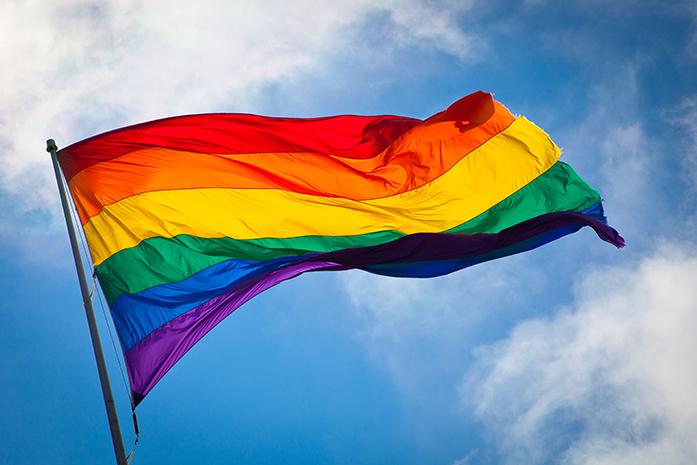Helton: Pride is over, but gay rights aren’t
Tremendous progress has been made on behalf of LGBTQ people, but legal and social barriers remain enormous obstacles.
July 3, 2019
With the Pride-parade-rainbows-on-everything month of June completed, I know there’s still work is left to be done. Being out and celebratory of one’s queerness is great, but what are we supposed to after the confetti settles?
I reached out to Matt Baume, a writer and podcaster focusing on LGBTQ news, history, and culture. I wanted to learn from someone who knows these issues inside and out, mostly to satisfy my curiosity before I even thought to write about them.
Baume talked about what it’s like to live in a world still not fully accepting of LGBTQ people. While things have become much better over the past several years, Baume said, “You have to stay on constant alert for the next attack.”
Granted, I don’t feel the nearly the fear or face nearly the discrimination that many other LGBTQ people do. A queer person of different demographics living in a less gay-friendly place deals with many more problems that I have never experienced. I’m lucky. I’m a white bisexual man living in the largely pro-gay bubble of Iowa Cit. State law protects gay and trans people from housing and employment discrimination in both the public and private sector.
Washington state, where Baume lives, has similar LGBTQ-protection laws and his home of Seattle has a widely pro-gay culture like the one I enjoy here.
“For someone who’s in my position, things are pretty good,” Baume said. “What’s important for me to do now is to use that position of privilege to lift up voices that might be marginalized.”
It is crucial for those of us that have the power to speak to do so. LGBTQ+ people in Iowa enjoy many of the same rights that every else in our Hawkeye State does. But same can’t really be said for our queer neighbors in Missouri, where private businesses can still practice hiring discrimination on the basis of sexual orientation. Or across our western borders in Nebraska and South Dakota, where there’s no protections in place for even public-sector jobs.
“Having a secure place to live, a secure place to work, secure health care — these aren’t pet peeves,” Baume said.
Baume also talked about the mechanisms of how LGBTQ rights have advanced so far in just the past few decades. From legal victories such as the decriminalization of gay sex with Lawrence v. Texas to social progress in which now a majority of Americans support same-sex couples’ right to marry, it’s all been because of persistence from activists of all types.
Baume said the key to successfully advancing gay rights is by striking a balance between work in the legal system and interpersonal relationships, also known as the “hearts and minds” approach.
“Demanding a lot all at once is a successful tactic,” he said when I asked about the importance of incremental improvements.
The most important thing moving on after Pride Month is stay persistent. Support LGBTQ causes. Fight homophobia. Use your position to lift up others. And together, we’ll create a more equal future.



